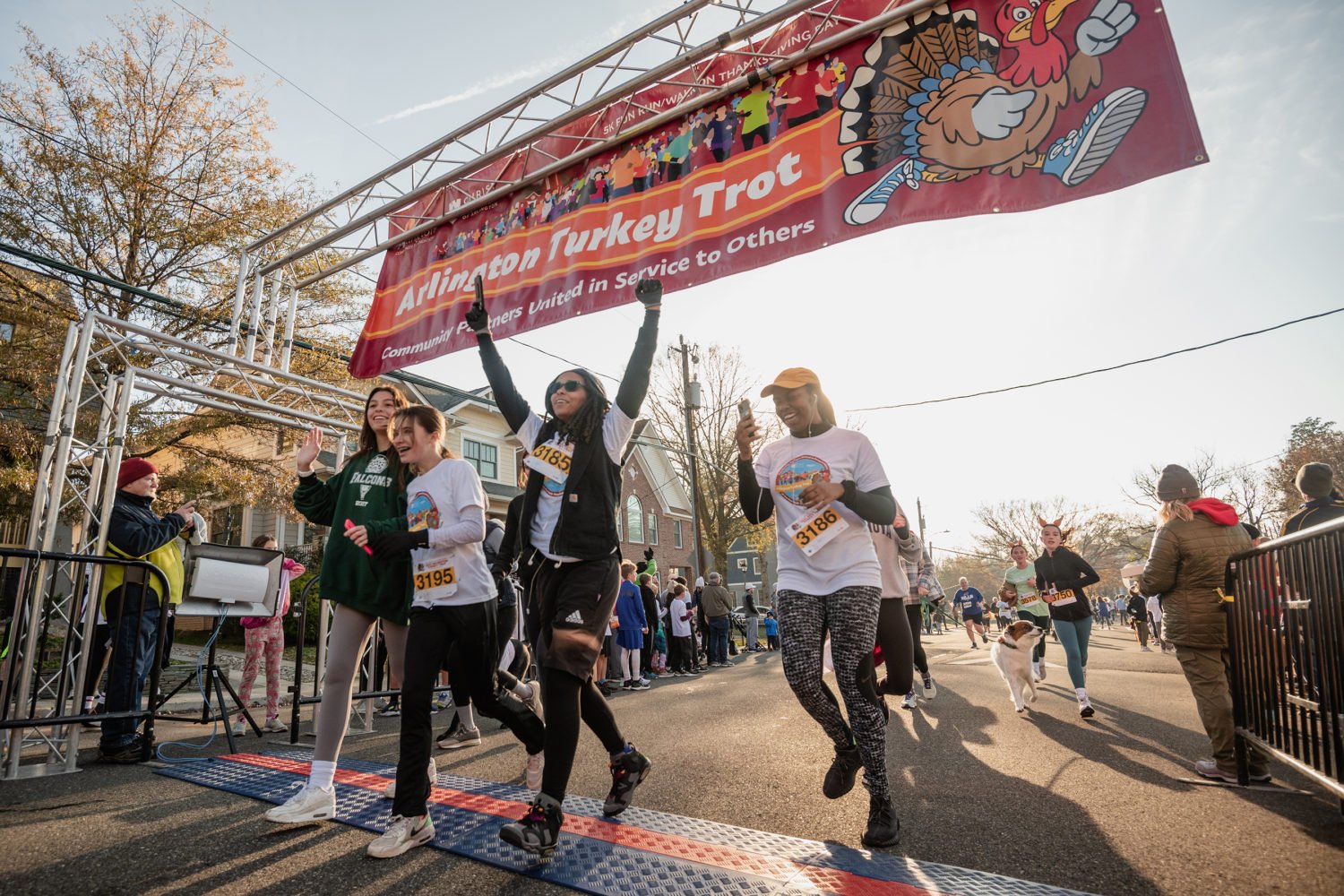Contents
Barry Goldmeier
“Joggler” who has run 20 Marine Corps Marathons
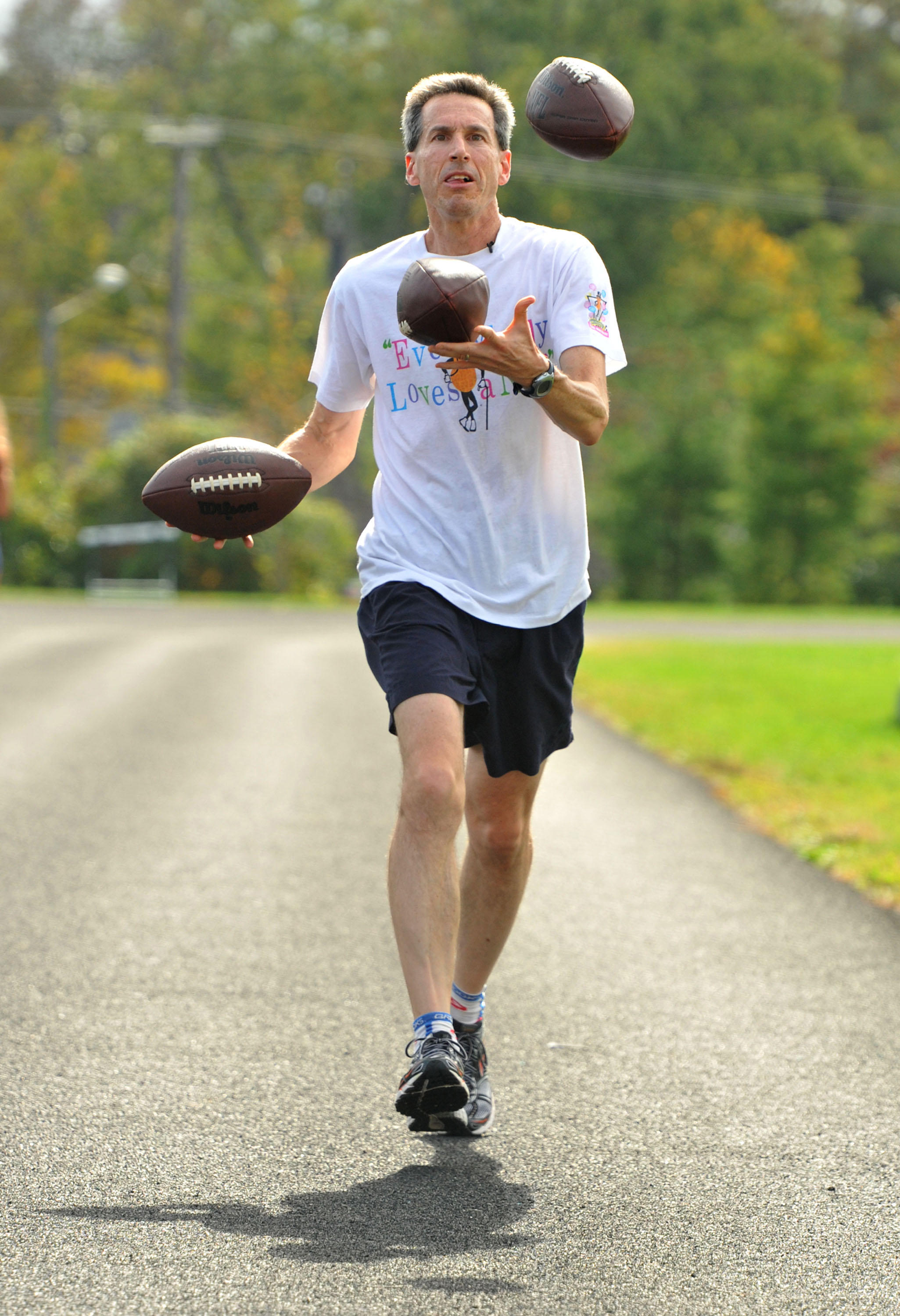
How did you learn you could juggle and run at the same time? Or, as they say, joggle?
I learned to joggle at the 1989 juggling convention in Baltimore. By that time, I had already run and juggled quite a bit separately but had never put the two together until then.
When I started joggling, I was nervous about interfering with other runners. The first time I did the Marine Corps was 1995. Things were different—you had to be really fast to do a marathon. I didn’t want to cause any problems. So I juggled something fairly easy.
Do you remember the crowd reaction?
It was like they’d never seen a guy running and juggling before.
I read that you joggle 20 or so marathons across the country each year.
Sometimes I do more. I’ve done San Diego, San Francisco, Duluth, Houston, San Antonio.
The Marine Corps Marathon is your hometown race. Is it more fun because of that?
Because I’m in DC, a lot of the costumes have worked well. I’d put on an Alex Ovechkin jersey, I could juggle hockey sticks. If I run in Pittsburgh, I wouldn’t dress up as Sidney Crosby.
Back to Top
Angela Anderson
Marine Corps Marathon deputy director
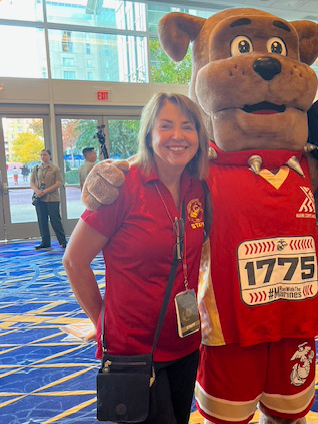
How did you get involved with the marathon?
I’m a military spouse. Back when I was hired in 1995 to work on the marathon, it was just an office with eight Marines. I was the first civilian hired. They felt the need for continuity, because Marines get reassigned.
You’d think there’d be low incentive for cheating in marathons, given that the whole point is personal achievement. But the marathon has had some scandals.
We catch all kinds of people. There are men running under women’s names so they can qualify for Boston. We had a lady admit she took the Metro. Usually, we have to disqualify about 100 each year. Many don’t even know they did something wrong. When we explain to them, “You didn’t really finish the entire distance,” they are like, “Oh, my gosh.”
That seems one of the worst parts of your job, having to tell people they didn’t finish. What are some of the high points?
There was a brother and a sister that had never met in person. They were adopted. They had known each other a couple of months. The sister reached out to us and said she learned he was running the marathon. We arranged for her to meet him at the finish line. It was unbelievable.
Back to Top
Jessica Cash
Marine Corps Marathon announcer and former WMZQ and WFLS radio personality
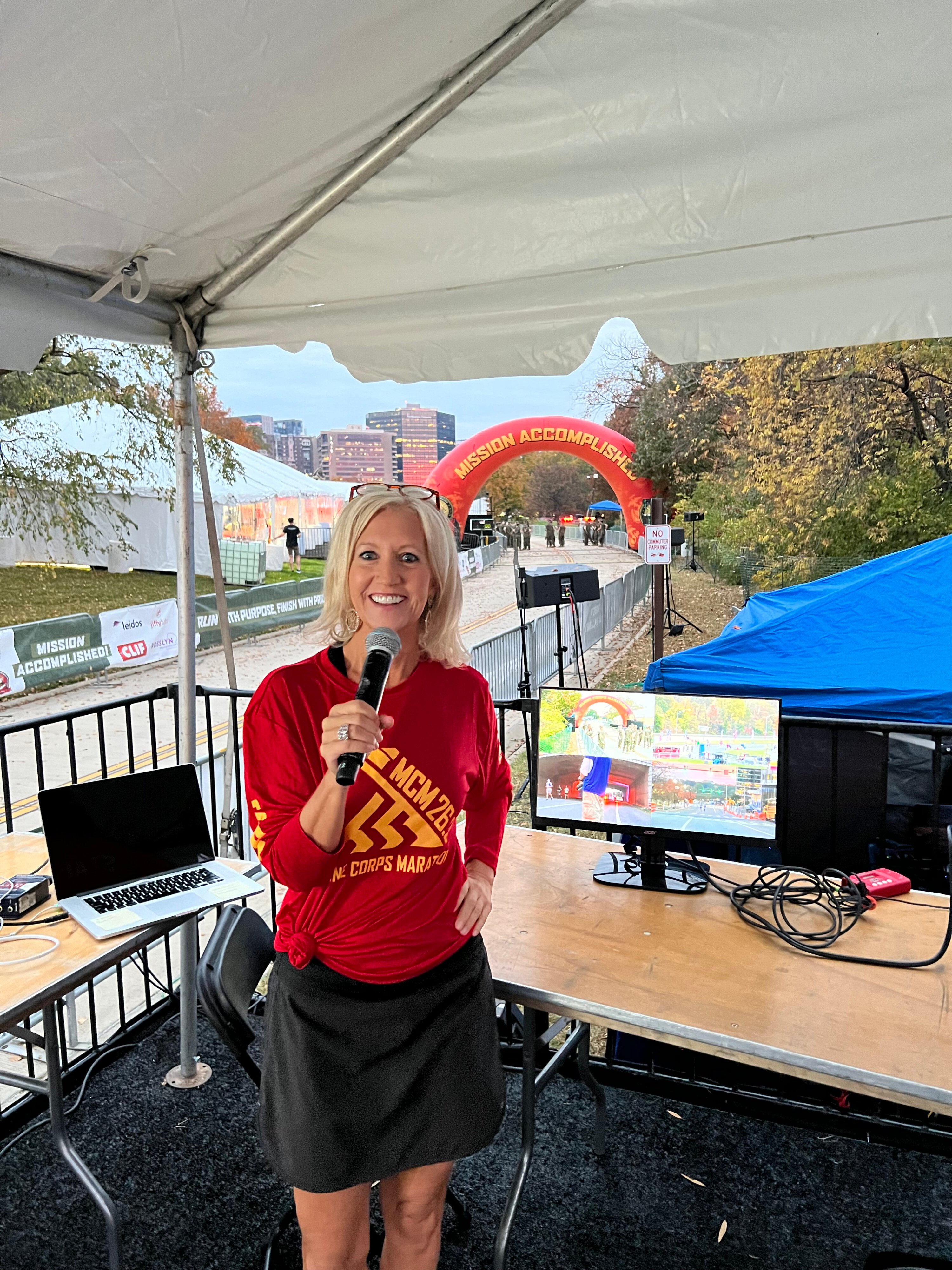
You ran the marathon before you announced it, right?
I was a cross-country runner in high school. I did the marathon from 1997 to 2003. [Although I moved to Charleston in 2020, former race director] Rick Nealis was like, “Please come back and be our announcer.”
You ran right after 9/11?
Everyone was carrying American flags.
I imagine it’s emotional seeing people cross the finish line.
As an announcer, I see everything up close, in a way I didn’t when I was a participant. The last finisher of the race, the Marines all gather around them and run them up the hill over the finish line. They’re carrying flags. It’s something hardly anyone experiences, because if you’re a two- or three-hour finisher, you’re long gone. I bawl my eyes out every single year.
Do you announce any other races?
On Saturday, I emcee the kids’ race. We have to reiterate: Don’t hold hands with your friends. There are little kids that fall at the beginning and never get started. I hate that I’m laughing, but it is the most adorable thing I’ve ever seen.
Back to Top
Alex Hetherington
Marine Corps Marathon race director, who has run the race 27 times
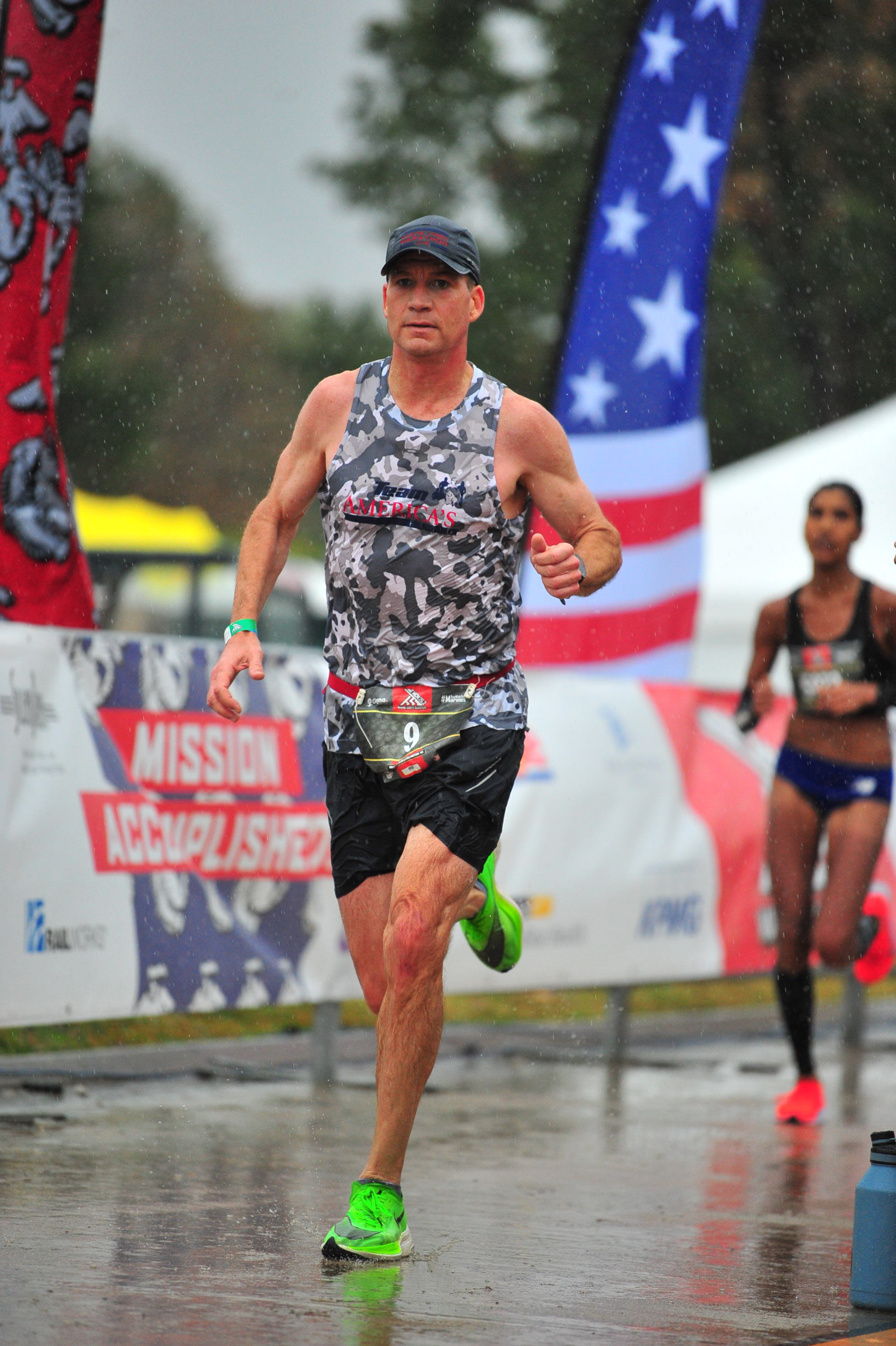
Races are usually sponsored by big companies. To be attached to a branch of the military is unusual. How did the Marine Corps Marathon come to be?
The marathon was founded in 1976 by a Marine who was a Vietnam veteran, Colonel Jim Fowler. He was disturbed by what he saw as the growing divide and lack of trust between US society and the Armed Forces. [Around that time,] the running boom was on in the United States and the marathon was catching the national zeitgeist.
Marathons can be just as fun for spectators as they are for runners. Any tips for people trying to catch the race this year?
One great thing about the course that’s unique is that you can see your runner at multiple locations since the course doubles back on itself several times. If you hang out in the vicinity of the Jefferson Memorial, you can see your runner three, even four times. I hear that spectators have contests about who can see their runner more [times].
Tell me about the Marines at the finish line.
The race is a way to think about what it means to be American. It’s meaningful that you finish at the foot of the Marine Corps War Memorial. A recently commissioned second lieutenant who is just embarking on their military career—those are the people that present the medal and put it around your neck.
Fancy Footwork
They may run for office or run empires, but these famous faces also just run. Here, a handful of well-known Marine Corps Marathon finishers and their running times—from fastest to slowest.
Back to TopClarence Thomas
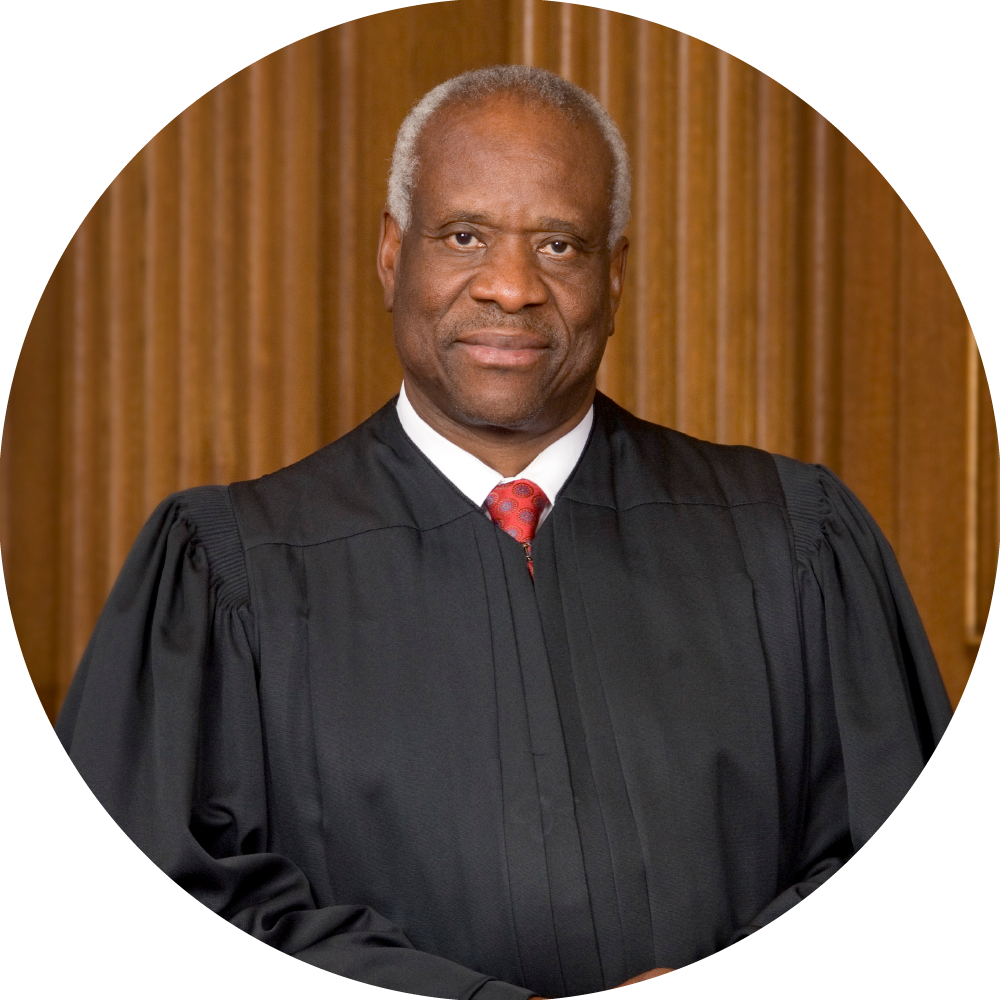
Supreme Court justice
3:11:00, 1980, age 32
Back to Top
John Edwards
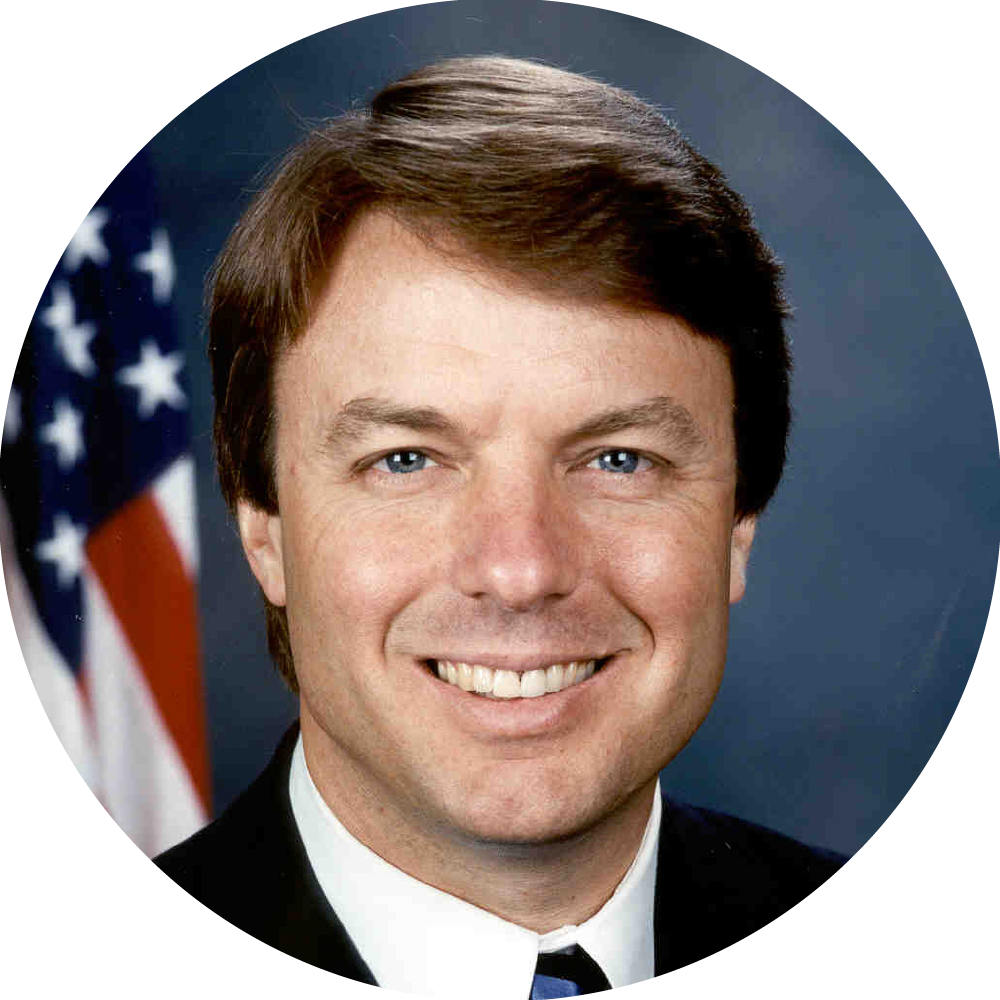
Former US senator
3:30:18, 1983, age 30
Back to Top
Oprah Winfrey
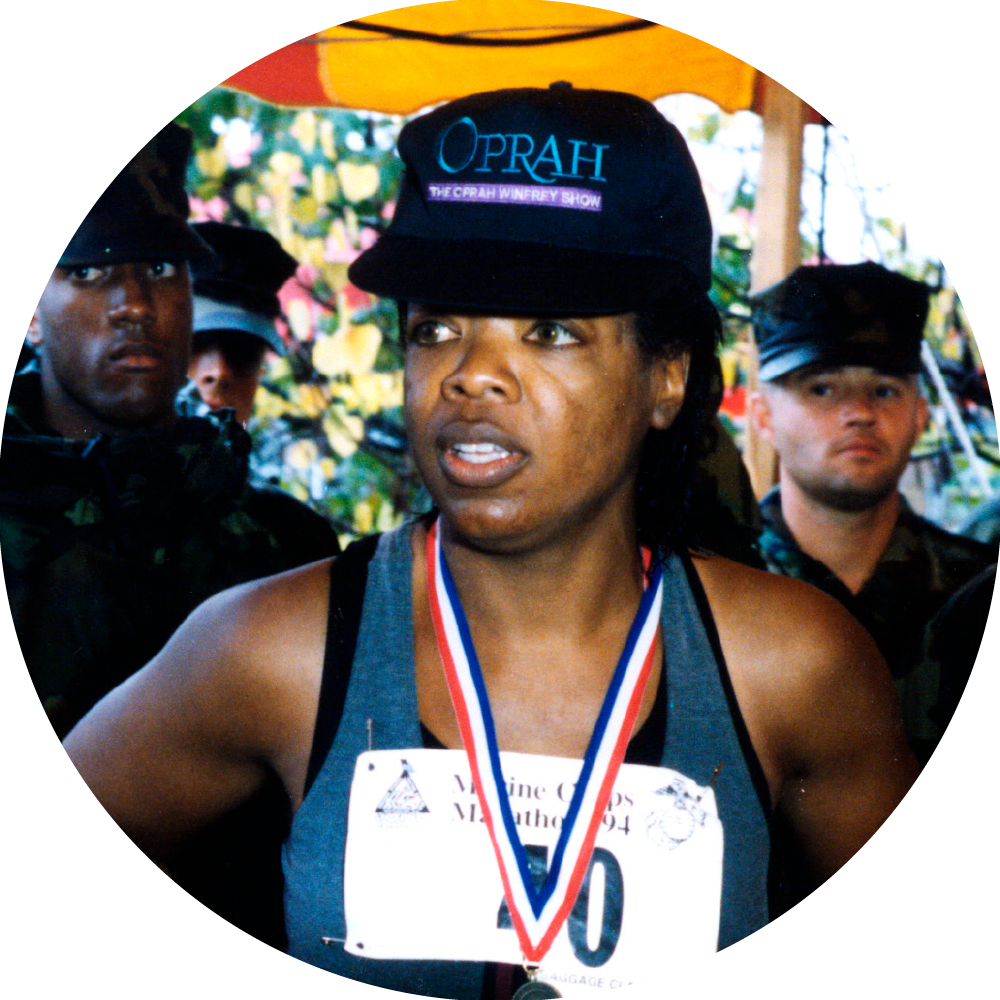
Media personality
4:29:15, 1994, age 40
Back to Top
Jill Biden
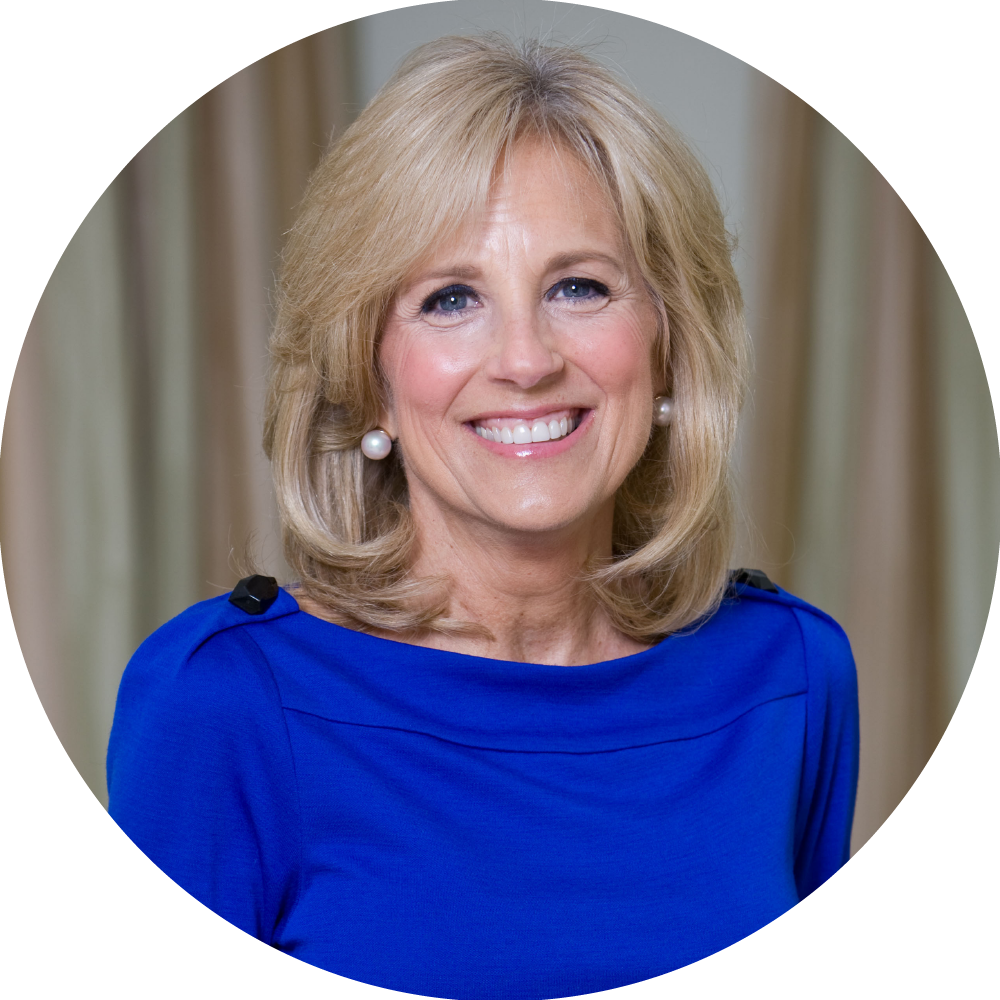
First Lady
4:30:02, 1998, age 47
Back to Top
Al Gore
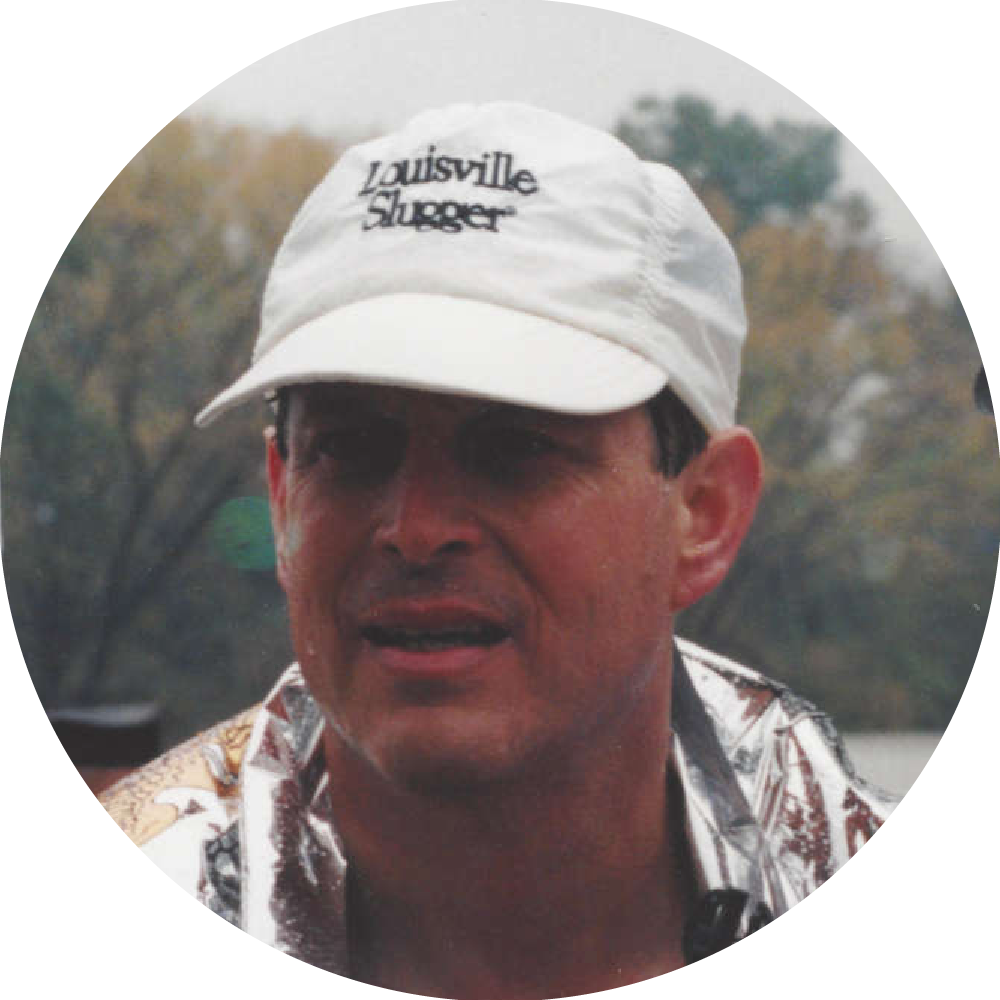
Former Vice President
4:54:25, 1997, age 49
Back to Top
Mike Huckabee
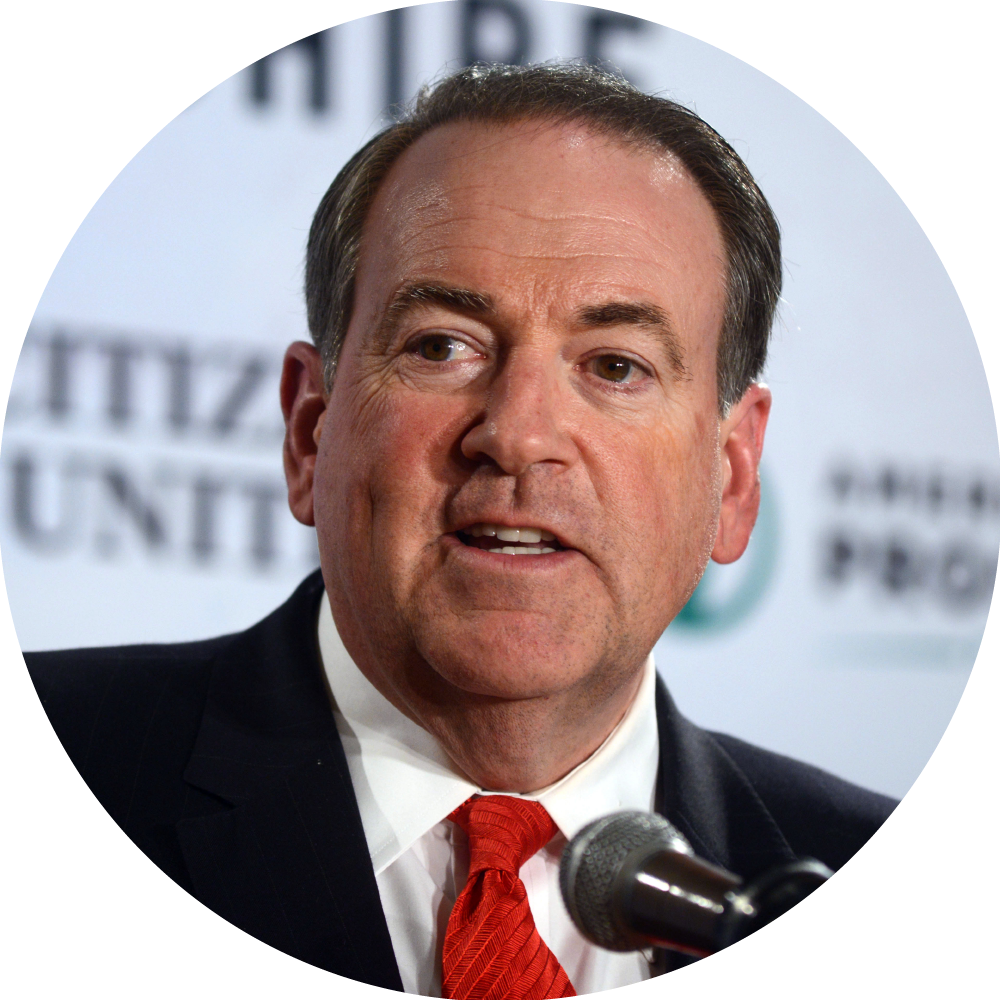
Former governor of Arkansas
4:37:29, 2005, age 503
Back to Top
Drew Carey

Former Marine, host of Whose Line Is It Anyway? and The Price Is Right
4:37:11, 2011, age 53
Barry Goldmeier
“Joggler” who has run 20 Marine Corps Marathons
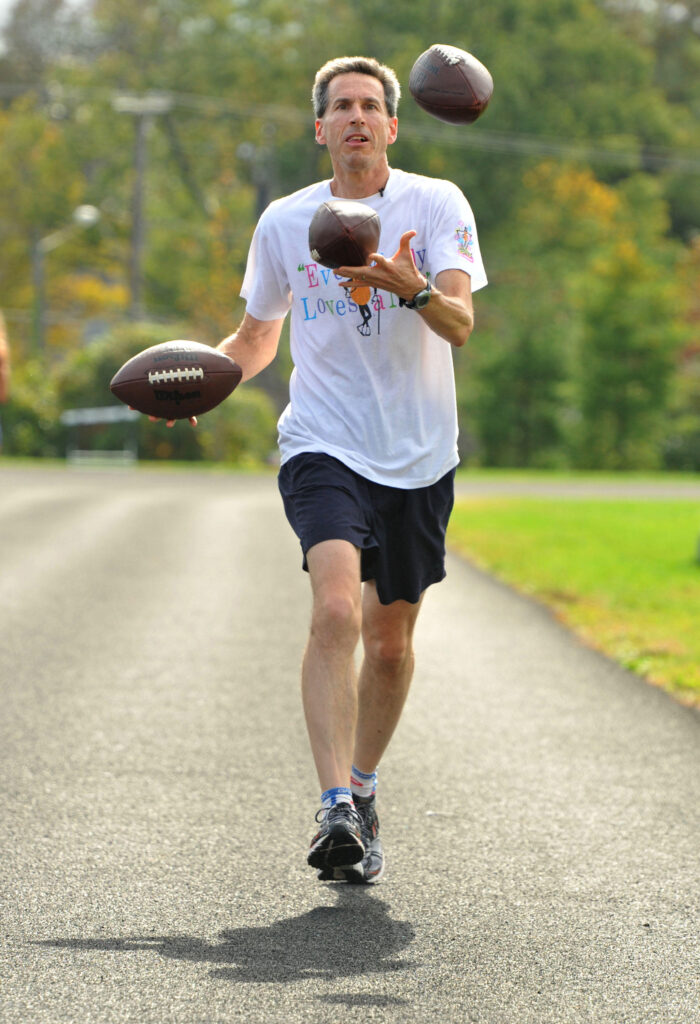
How did you learn you could juggle and run at the same time? Or, as they say, joggle?
I learned to joggle at the 1989 juggling convention in Baltimore. By that time, I had already run and juggled quite a bit separately but had never put the two together until then.
When I started joggling, I was nervous about interfering with other runners. The first time I did the Marine Corps was 1995. Things were different—you had to be really fast to do a marathon. I didn’t want to cause any problems. So I juggled something fairly easy.
Do you remember the crowd reaction?
It was like they’d never seen a guy running and juggling before.
I read that you joggle 20 or so marathons across the country each year.
Sometimes I do more. I’ve done San Diego, San Francisco, Duluth, Houston, San Antonio.
The Marine Corps Marathon is your hometown race. Is it more fun because of that?
Because I’m in DC, a lot of the costumes have worked well. I’d put on an Alex Ovechkin jersey, I could juggle hockey sticks. If I run in Pittsburgh, I wouldn’t dress up as Sidney Crosby.
Back to Top
Angela Anderson
Marine Corps Marathon deputy director
How did you get involved with the marathon?
I’m a military spouse. Back when I was hired in 1995 to work on the marathon, it was just an office with eight Marines. I was the first civilian hired. They felt the need for continuity, because Marines get reassigned.
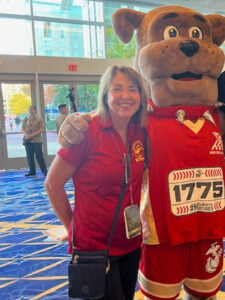
You’d think there’d be low incentive for cheating in marathons, given that the whole point is personal achievement. But the marathon has had some scandals.
We catch all kinds of people. There are men running under women’s names so they can qualify for Boston. We had a lady admit she took the Metro. Usually, we have to disqualify about 100 each year. Many don’t even know they did something wrong. When we explain to them, “You didn’t really finish the entire distance,” they are like, “Oh, my gosh.”
That seems one of the worst parts of your job, having to tell people they didn’t finish. What are some of the high points?
There was a brother and a sister that had never met in person. They were adopted. They had known each other a couple of months. The sister reached out to us and said she learned he was running the marathon. We arranged for her to meet him at the finish line. It was unbelievable.
Back to Top
Jessica Cash
Marine Corps Marathon announcer and former WMZQ and WFLS radio personality
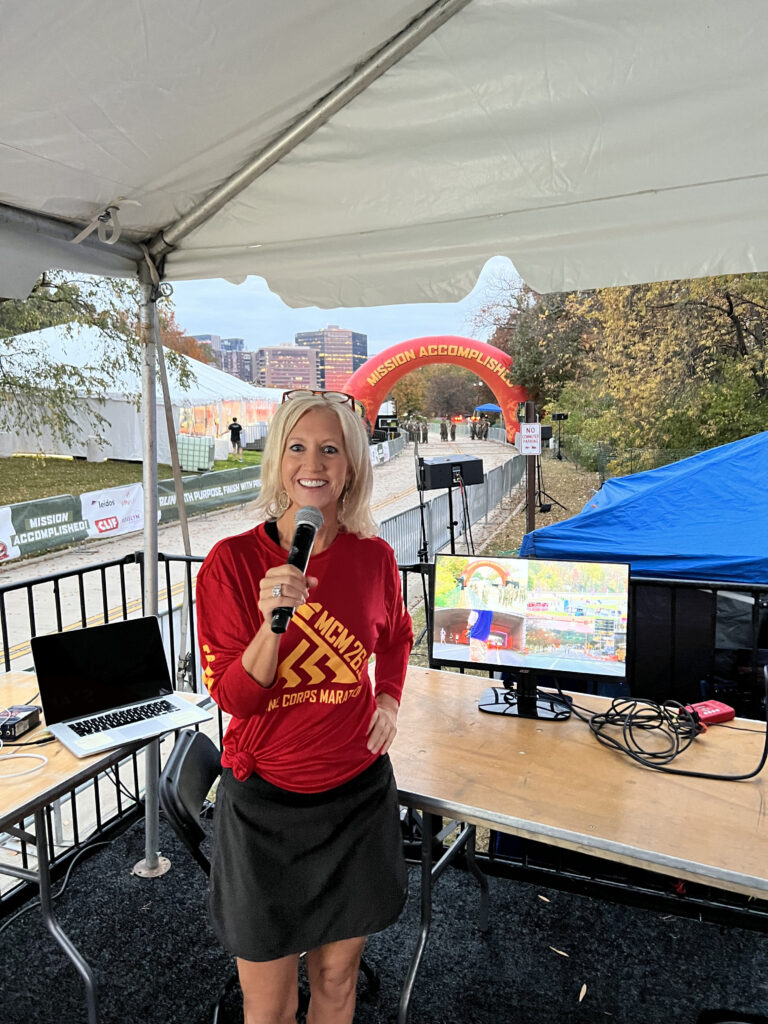
You ran the marathon before you announced it, right?
I was a cross-country runner in high school. I did the marathon from 1997 to 2003. [Although I moved to Charleston in 2020, former race director] Rick Nealis was like, “Please come back and be our announcer.”
You ran right after 9/11?
Everyone was carrying American flags.
I imagine it’s emotional seeing people cross the finish line.
As an announcer, I see everything up close, in a way I didn’t when I was a participant. The last finisher of the race, the Marines all gather around them and run them up the hill over the finish line. They’re carrying flags. It’s something hardly anyone experiences, because if you’re a two- or three-hour finisher, you’re long gone. I bawl my eyes out every single year.
Do you announce any other races?
On Saturday, I emcee the kids’ race. We have to reiterate: Don’t hold hands with your friends. There are little kids that fall at the beginning and never get started. I hate that I’m laughing, but it is the most adorable thing I’ve ever seen.
Back to Top
Alex Hetherington
Marine Corps Marathon race director, who has run the race 27 times
Races are usually sponsored by big companies. To be attached to a branch of the military is unusual. How did the Marine Corps Marathon come to be?
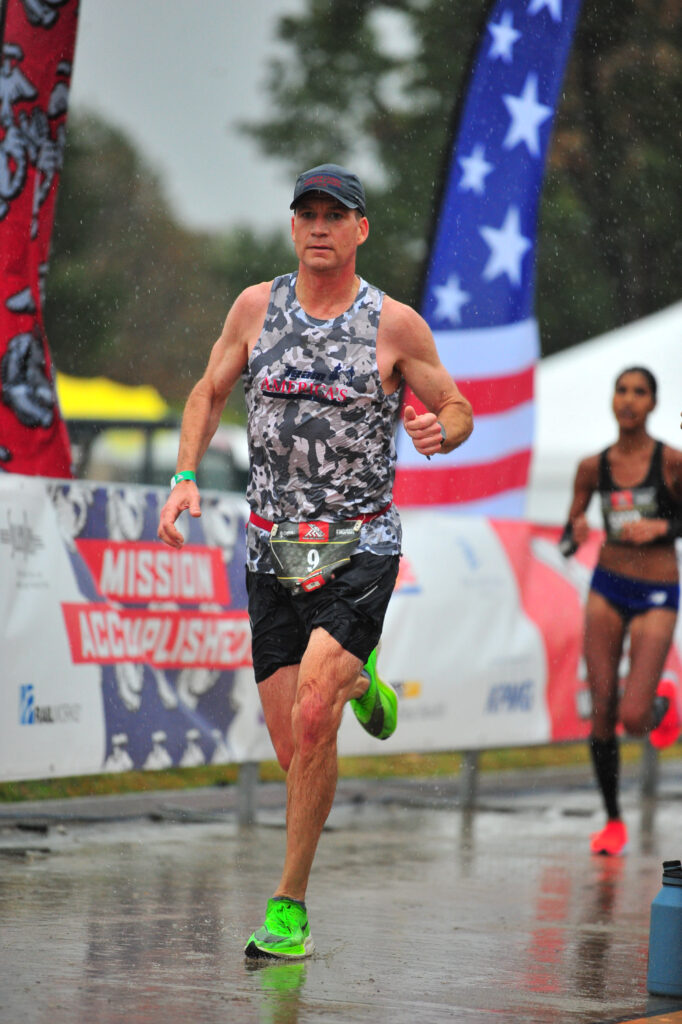
The marathon was founded in 1976 by a Marine who was a Vietnam veteran, Colonel Jim Fowler. He was disturbed by what he saw as the growing divide and lack of trust between US society and the Armed Forces. [Around that time,] the running boom was on in the United States and the marathon was catching the national zeitgeist.
Marathons can be just as fun for spectators as they are for runners. Any tips for people trying to catch the race this year?
One great thing about the course that’s unique is that you can see your runner at multiple locations since the course doubles back on itself several times. If you hang out in the vicinity of the Jefferson Memorial, you can see your runner three, even four times. I hear that spectators have contests about who can see their runner more [times].
Tell me about the Marines at the finish line.
The race is a way to think about what it means to be American. It’s meaningful that you finish at the foot of the Marine Corps War Memorial. A recently commissioned second lieutenant who is just embarking on their military career—those are the people that present the medal and put it around your neck.
Fancy Footwork
They may run for office or run empires, but these famous faces also just run. Here, a handful of well-known Marine Corps Marathon finishers and their running times—from fastest to slowest.
Drew Carey

Former Marine, host of Whose Line Is It Anyway? and The Price Is Right
4:37:11, 2011, age 53
This article appears in the October 2024 issue of Washingtonian.





